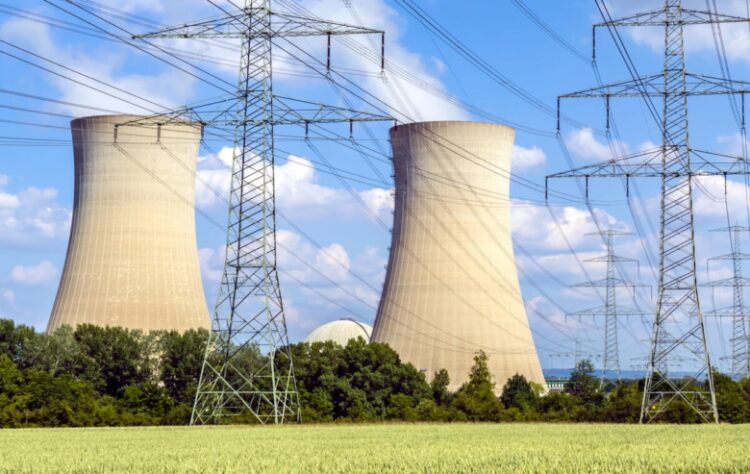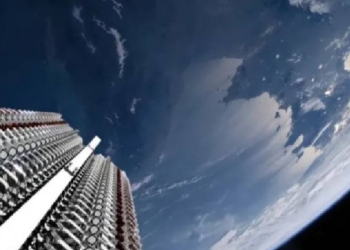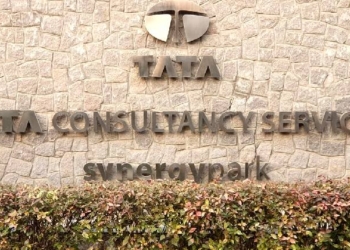Chennai: India and the US are working together for developing next generation small modular reactor technologies for domestic and export markets.
According to a joint statement issued by the US White House, amid Prime Minister Narendra Modi’s US visit, President Joe Biden and Prime Minister Modi noted “the ongoing discussion on developing next generation small modular reactor technologies in a collaborative mode for the domestic market as well as for export”.
Small modular reactors are the ones which are factory-made compact with less than 300 MW capacity.
Nuclear power equipment manufacturers like Russia’s Rosatom, French company EDF and the US based NuScale Energy are now looking at the small modular reactor segment.
For global nuclear power plant makers, small is now beautiful and they are looking at populating their small modular reactors across the world.
With lesser gestation time, higher power generation period and lower risks, nuclear power plant manufacturers are now of the view that small is beautiful and are in favour of small modular reactors, experts had told IANS.
The world’s first land-based small modular reactor (SMR) with RITM-200N is slated to be commissioned in 2028 in Russia’s Arctic region, said Director General of Rosatom Alexey Likhachev.
Meanwhile, Biden and Modi underscored the important role nuclear energy plays in global decarbonisation efforts and affirmed nuclear energy as a necessary resource to meet nations’ climate, energy transition, and energy security needs.
“The leaders noted ongoing negotiations between the Nuclear Power Corporation of India Ltd (NPCIL) and Westinghouse Electric Company (WEC) for the construction of six nuclear reactors in India,” the statement notes.
The US Department of Energy and India’s Department of Atomic Energy are having intense consultations for facilitating the opportunities for WEC to develop a techno-commercial offer for the Kovvada nuclear project in India.
“The United States reaffirms its support for India’s membership in the Nuclear Suppliers Group and commits to continue engagement with like minded partners to advance this goal,” the joint statement said.
The two leaders also hailed the deepening bilateral cooperation on cutting-edge scientific infrastructure, including a $140 million in-kind contribution from India’s Department of Atomic Energy to the US Department of Energy’s Fermi National Laboratory toward collaborative development of the Proton Improvement Plan-II Accelerator, for the Long Baseline Neutrino Facility – the first and largest international research facility on American soil.
They also welcomed the commencement of construction of a Laser Interferometer Gravitational-Wave Observatory (LIGO) in India’s Maharashtra.
(IANS)



















